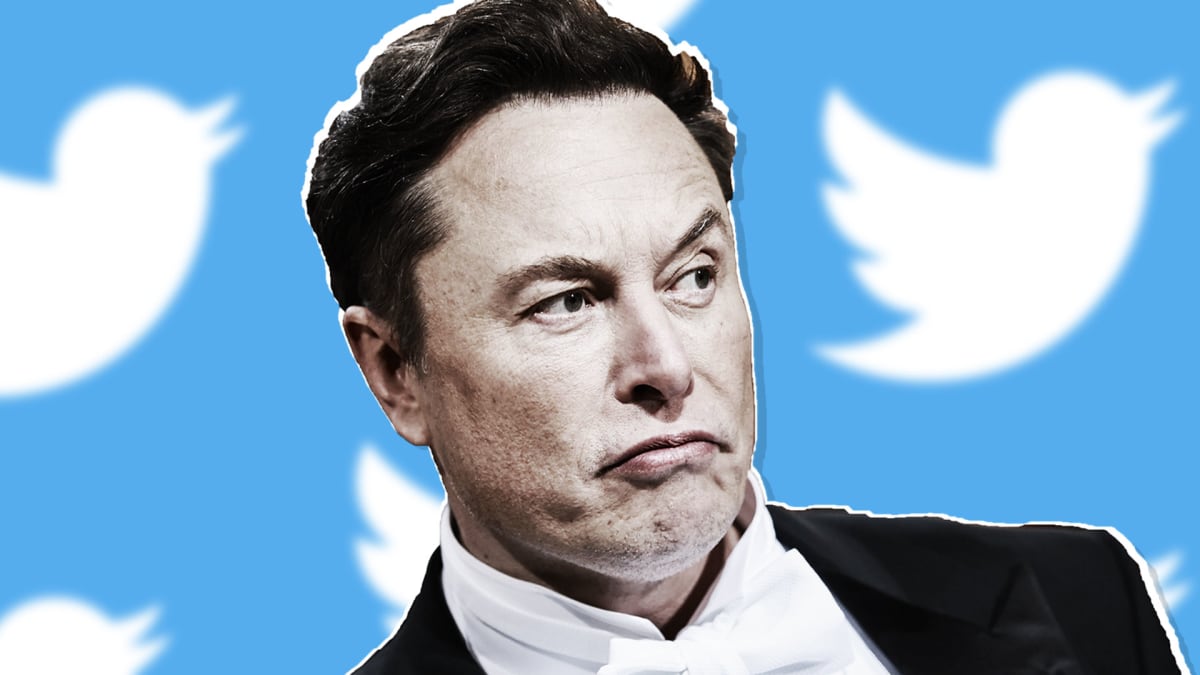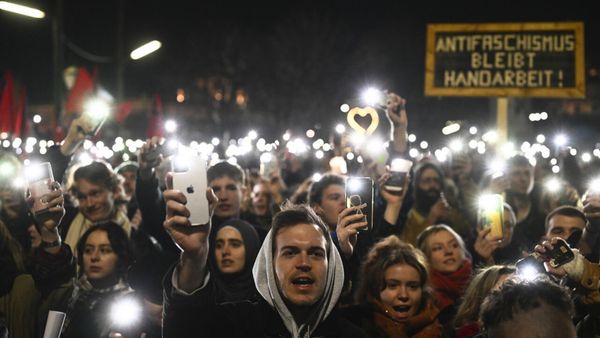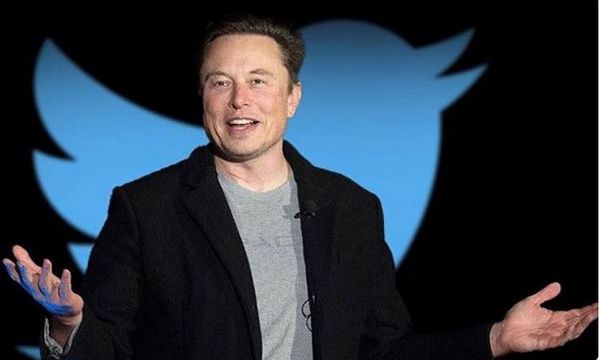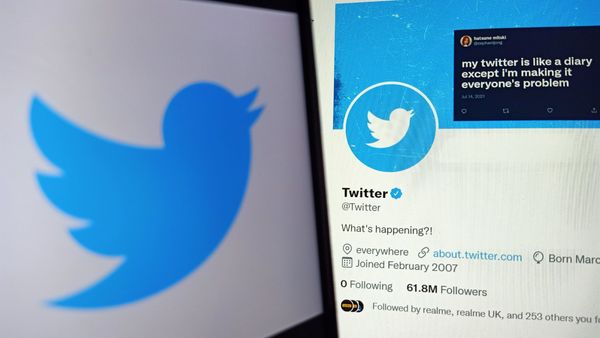
Elon Musk is used to controversy; the billionaire entrepreneur even seems to relish being at the center of it.
Most often, it is he who creates these controversies. Case in point:
Last week, Musk and Twitter, the social network he bought last October for $44 billion, announced that starting April 1 they would remove all legacy blue checkmarks.
The blue badge certifies that a particular person or organization stands behind a particular account on the platform. This prevents impersonating prominent people or groups.
For personalities, influencers, organizations and institutions, the blue badge has been essential because they can safely use the platform for their communications. And the public can be sure that the information announced on an account with a blue badge is reliable.
New Revenue Stream
The checkmark was free under Twitter 1.0. But Musk decided to charge for it by integrating the blue badge into Blue, the platform's subscription service, which he revamped to unlock new sources of revenue other than advertising.
Blue costs $7.99 a month if the user subscribes via the internet and $11 if they do so via the Apple (AAPL) App Store, for example. This price difference stems from Musk wanting to avoid the 30% fee Apple collects for all in-app purchases.
The price for businesses and organizations is $1,000 a month.
When he decided to charge for this badge, the billionaire had indicated that he would grant a grace period to the legacy blue badges. But he's also warned that they should expect to lose the badge if they did not subscribe.
"On April 1st, we will begin winding down our legacy verified program and removing legacy verified checkmarks," the company said on March 23.
Noteworthy is that Musk's Twitter has implemented three forms of checkmarks. Individuals keep the blue badge, while companies and organizations now have a golden checkmark. Politicians and institutions have a gray checkmark.
Faced with resistance from many users who indicate that they would rather lose the blue badge than pay, Musk has just made a very controversial decision. From now on, the For You feature will contain messages only from verified accounts.
For You includes recommendations Twitter makes to users based on their activity, the people and organizations they follow and that follow them.
It's also a means of wide exposure for certain influencers, who see their messages disseminated to the greatest number of potential followers when they are included in For You.
The move appears designed to force users to subscribe if they want to be kept up to date with tweets from people they follow or with material of interest to them, without having to do the research themselves.
"Starting April 15th, only verified accounts will be eligible to be in For You recommendations," the billionaire announced on March 27.
'Only Realistic Way'
The whimsical and charismatic CEO explained that this decision stems from advances in artificial intelligence, which allow bots to successfully pass themselves off as humans.
To limit the proliferation of bots on the social network, he prefers to give priority to verified accounts because Twitter has ensured that the people and groups behind those accounts are who and what they say they are.
"The is the only realistic way to address advanced AI bot swarms taking over. It is otherwise a hopeless losing battle," Musk said, adding that "voting in polls will require verification for same reason."
The move provoked a torrent of criticism from users, who see it as a coercive maneuver to obtain subscribers.
"Elon, I really think twitter needs to focus on ADDING value to grow twitter blue, not shifting existing stuff behind a paywall," one angry user said. "Give more people are reason to WANT to pay, not HAVE to pay."
"Keep waiting, bro," blasted out another user.
"Is there any way to turn off the 'for you' recommendations? because by definition anyone paying for twitter isn’t for me," commented another Twitter user.
The decision comes at a difficult time for Twitter. A number of advertisers have paused promoting their products and services on the platform since Musk removed safeguards against hateful content and the spread of misinformation.
Musk last week slashed Twitter's valuation based on new equity grants to employees. Twitter is now valued at $20 billion, less than half the $44 billion he paid to take control of it.
In a tweet on March 25, the tech mogul indicated that the company could be profitable in the second quarter.
""T(w)itter was trending to lose ~$3B/year (revenue drop of ~$1.5B + debt servicing of ~$1.5B) and had $1B in cash, so only 4 months of money. Extremely dire situation," he posted on March 25. "Now that advertisers are returning, it looks like we will break even in Q2."










